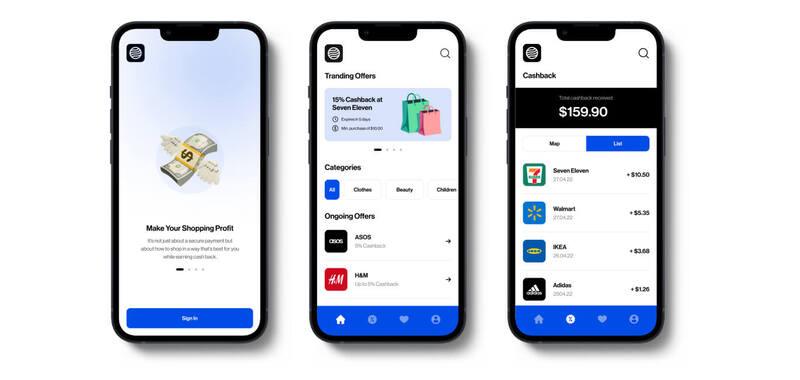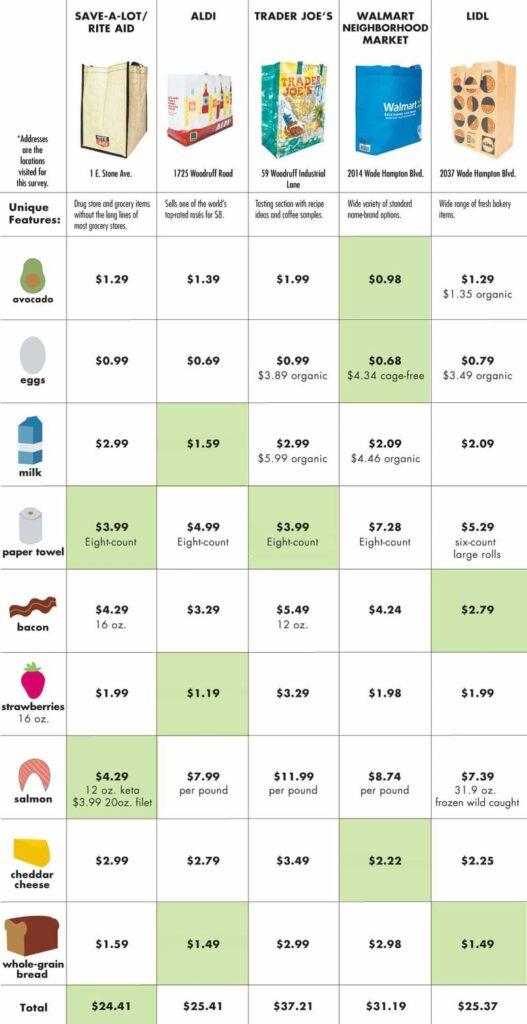When you spend or use money, it’s not just a transaction—it’s a reflection of your values, priorities, and financial knowledge. How you choose to allocate and spend your money impacts not only your immediate lifestyle but also your long-term financial well-being. Whether you’re paying for necessities like food and rent, or indulging in luxury items, every financial decision has consequences. In this article, we’ll explore the psychological factors behind spending, how to make smarter choices, and offer tips to ensure you’re making the most out of your money.

Table of Contents
Why Do We Spend Money?
We spend money for two main reasons: needs and wants. Needs are the essential expenses required for survival—things like food, shelter, and healthcare. Wants, however, are the non-essential items we desire, such as new clothes, gadgets, or entertainment.
But the line between needs and wants can be blurry. Sometimes, marketing strategies, emotions, and societal pressures can make us believe that we “need” something when, in fact, it’s just a want. This is why being mindful of when you spend or use money is so important for financial health.

The Role of Marketing and Advertising
Marketing plays a huge role in shaping how we spend or use money. Companies spend billions on ads that tap into our desires and sometimes our insecurities. Advertising creates a sense of urgency, promoting limited-time offers, exclusive deals, and “must-have” products. This constant bombardment can cloud our judgment, making it harder to differentiate between genuine needs and fleeting wants.
When you spend or use money, it’s essential to stay aware of these psychological triggers. Being able to pause and ask yourself, “Is this something I truly need, or is it just a good deal?” can help you make more conscious and less impulsive decisions.
The Psychology of Spending
Emotional Spending
We’ve all experienced it—buying something to cope with stress or to lift our mood. Emotional spending occurs when we use money to fulfill emotional needs rather than practical ones. It’s a common behavior, but it can become problematic if it leads to overspending, debt, or feelings of guilt.
When you spend or use money, being mindful of your emotional state can help reduce impulse purchases. If you find yourself feeling down, try finding other ways to manage emotions, like exercising, journaling, or engaging in a hobby, instead of reaching for your wallet.
Social Influence
Another powerful factor influencing how we spend money is social influence. We live in a world where social media, friends, and family can create pressure to “keep up” with the latest trends, gadgets, or experiences. Whether it’s an Instagram influencer showing off a new outfit or a colleague boasting about their vacation, these social cues can often lead to unplanned spending.
When you spend or use money, it’s crucial to make decisions based on your own priorities and financial goals, rather than succumbing to social pressures. Recognizing the influence of social media can help you stay focused on your financial objectives.

How We Use Money: Managing and Allocating Funds
While spending money is something we all do, how we use money is just as important. Properly managing your money is key to maintaining financial stability and achieving long-term goals.
Money as a Tool for Security
For many people, money represents security. Having enough funds saved for emergencies, retirement, or unexpected events gives us peace of mind. Using money for security is one of the most important financial priorities. Whether it’s building an emergency fund, getting insurance, or contributing to retirement accounts, these are all responsible ways to use your finances.
When you spend or use money, consider whether you are securing your future and protecting yourself against unexpected financial burdens. Building a strong financial foundation now can give you the freedom to enjoy life later.
Money as a Tool for Freedom
On the flip side, some people view money as a means to freedom. Freedom might mean being able to travel, take a sabbatical, or retire early. For others, it might mean having the financial independence to make choices without worrying about bills. Using money to create freedom often involves investing or creating multiple income streams.
When you spend or use money, ask yourself whether it brings you closer to your financial goals or holds you back. Building wealth through savings and investments is a powerful way to achieve long-term freedom.
Money for Experiences
There is a growing trend to prioritize experiences over material possessions. People are increasingly using their money to create memories—whether it’s traveling, going to concerts, or trying new activities. Research suggests that spending on experiences tends to bring more lasting happiness than spending on material goods.
When you spend or use money, think about the memories you could create with it. If you’re considering a purchase, ask yourself if it will contribute to meaningful experiences or if it will simply sit unused in your closet.
Common Pitfalls When You Spend or Use Money
Despite good intentions, there are several traps we fall into when managing money. Recognizing these pitfalls can help you make better decisions the next time you spend or use money.
Impulse Buying
Impulse buying is one of the biggest culprits of unnecessary spending. Whether it’s grabbing an item off a shelf or purchasing something online, impulse purchases can quickly drain your finances. Emotional triggers, such as stress or boredom, often drive us to make these unplanned purchases.
To avoid impulse buying, take a moment to pause and reflect before you make a purchase. Ask yourself if you really need the item and whether it fits into your budget.
Failing to Budget
Without a budget, it’s easy to overspend and lose track of where your money is going. A budget gives you a clear picture of your financial situation, helping you prioritize essential expenses and avoid frivolous spending. It also helps you track your progress toward financial goals.
When you spend or use money, a well-structured budget is your best tool for ensuring you are managing your finances responsibly. Set aside funds for savings, investments, and future goals, while being mindful of your daily and monthly expenses.

The Debt Cycle
Credit card debt can easily spiral out of control if not managed properly. The convenience of “buy now, pay later” is tempting, but it often leads to high-interest payments and long-term financial stress. To avoid this, it’s important to pay off credit card balances in full each month and avoid accumulating debt.
When you spend or use money, try to limit your reliance on credit. If you need to use credit, do so strategically and always pay off balances on time to avoid interest charges.
How to Make Smarter Money Decisions
Making smarter decisions when you spend or use money is all about planning, awareness, and self-discipline. Here are some actionable tips to help you manage your finances better:
1. Set Financial Goals
Clear financial goals help you stay focused and motivated. Whether you’re saving for a down payment on a home or building an emergency fund, having goals gives you direction and purpose.
2. Create a Budget and Stick to It
A budget allows you to allocate money wisely, ensuring that you’re living within your means while saving for the future. Review your budget regularly and adjust it as your financial situation changes.
3. Practice Delayed Gratification
When you feel the urge to buy something, take a moment to consider whether it’s truly necessary. Delaying gratification can prevent impulse purchases and save you money in the long run.
4. Automate Your Savings
Set up automatic transfers to savings and investment accounts. This ensures you’re consistently putting money aside for the future without having to think about it.
5. Take Advantage of Cashback Programs
Using cashback apps and credit cards that offer rewards can help you get more out of your purchases. Just be sure to pay off any credit balances in full to avoid interest.
Conclusion: Finding Balance Between Spending and Saving
When you spend or use money, it’s important to find a balance that works for your lifestyle and financial goals. By understanding the psychology behind your spending habits and implementing strategies to manage your finances, you can make smarter decisions that will benefit you in the long run. Prioritize needs, plan for the future, and make conscious choices that help you live well today and in the years to come.
Explore More Tips and Insights!
Looking for more helpful articles like this one? Check out our latest posts here and stay updated with the best tips, tricks, and guides.

